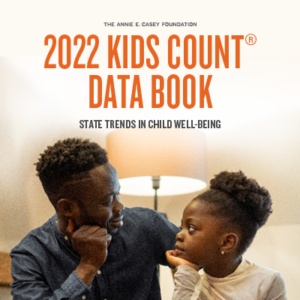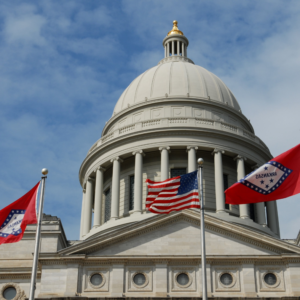
Addressing the Childhood Mental Health Crisis in Arkansas
Between 2016 and 2020, Arkansas had the third-highest increase in childhood depression and anxiety, behind California and South Dakota.


Between 2016 and 2020, Arkansas had the third-highest increase in childhood depression and anxiety, behind California and South Dakota.

Arkansas still has a long way to go to get to number one in child health and well-being.

We hope to carry this momentum into the 2023 Regular Legislative Session, as we can be sure there will be many bills to support and defend against that will affect the lives of Arkansas's children and families.

The Governor's proposals are a step in the right direction, but they fall short of making policy changes that could make a significant difference in our dismal maternal and infant health outcomes.

Data Show Alarming Increase in Low Birth Weight Babies and Child and Teen Deaths in Arkansas Arkansas ranks 43rd in child well-being, according to the 2022 KIDS COUNT® Data Book, a 50-state report of recent household data developed by...

During the first half of this year, applicants waited an average of 70 days to have their applications approved.

Policymakers, health care professionals, and communities must work together to improve Black women’s health.

This should be a time that people of all political backgrounds can agree that the well-being of mothers and children should be the top priority in our public policy.

Significantly higher percentages of Blacks and Hispanics reported being victims of discrimination while getting healthcare compared to their White counterparts.

On April 12, during Black Maternal Health Week, Arkansas Advocates for Children and Families hosted a forum on the current status of Black women’s health in Arkansas. This forum addressed the maternal mortality and morbidity crisis and explored additional...